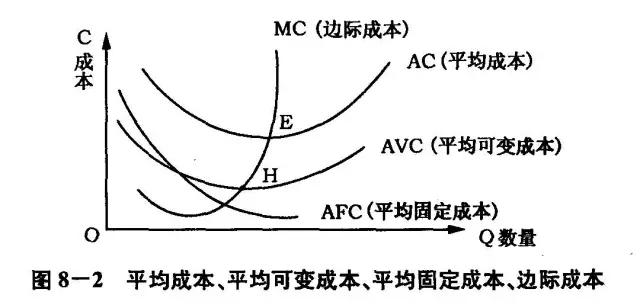Understanding the Average Cost of a PET Scan: What You Need to Know for Affordable Healthcare
Guide or Summary:Introduction to PET ScansFactors Influencing the Average Cost of a PET ScanAverage Cost of a PET Scan: What to ExpectHow to Reduce the Aver……
Guide or Summary:
- Introduction to PET Scans
- Factors Influencing the Average Cost of a PET Scan
- Average Cost of a PET Scan: What to Expect
- How to Reduce the Average Cost of a PET Scan
Introduction to PET Scans
A Positron Emission Tomography (PET) scan is a revolutionary imaging technique that allows healthcare professionals to observe metabolic processes in the body. This non-invasive procedure is crucial in diagnosing various conditions, including cancer, heart disease, and neurological disorders. However, one of the most pressing concerns for patients seeking a PET scan is the average cost of a PET scan. Understanding this cost can help you make informed decisions about your healthcare options.
Factors Influencing the Average Cost of a PET Scan
The average cost of a PET scan can vary significantly based on several factors. Firstly, the geographical location plays a crucial role; urban areas typically have higher healthcare costs compared to rural regions. Additionally, the type of facility performing the scan—whether it’s a hospital or an outpatient imaging center—can impact the price. Hospitals often charge more due to their comprehensive services and overhead costs.

Another important factor is the specific type of PET scan required. There are various types of PET scans, including those that use different radioactive tracers, which can affect the overall cost. Furthermore, insurance coverage can greatly influence out-of-pocket expenses. Patients with comprehensive health insurance may find that their plans cover a significant portion of the costs, while those without insurance may face the full average cost of a PET scan.
Average Cost of a PET Scan: What to Expect
On average, the cost of a PET scan in the United States ranges from $2,000 to $5,000. This wide range is attributed to the factors mentioned earlier, including location, facility type, and insurance coverage. For patients with insurance, the out-of-pocket expenses can be significantly lower, often ranging from $100 to $1,000 depending on the plan’s deductibles and co-pays. It’s essential to contact your insurance provider to understand your specific coverage and any pre-authorization requirements.
How to Reduce the Average Cost of a PET Scan
If you’re concerned about the average cost of a PET scan, there are several strategies you can employ to reduce expenses. Firstly, consider shopping around for prices at different facilities. Many imaging centers offer competitive pricing, and some may provide discounts for cash payments. Additionally, inquire about any available financial assistance programs or payment plans that can make the cost more manageable.
Another option is to discuss your financial concerns with your healthcare provider. They may be able to recommend facilities with lower costs or help you navigate insurance benefits more effectively. Lastly, staying informed about any changes in healthcare regulations or pricing transparency initiatives can empower you to make better choices regarding your medical imaging needs.

Understanding the average cost of a PET scan is crucial for planning your healthcare expenses. By being aware of the factors that influence pricing and exploring options to reduce costs, you can make informed decisions that align with your financial situation. Remember, it’s essential to prioritize your health while also being mindful of your budget. Don’t hesitate to reach out to healthcare professionals for guidance and support as you navigate this important aspect of your medical care.